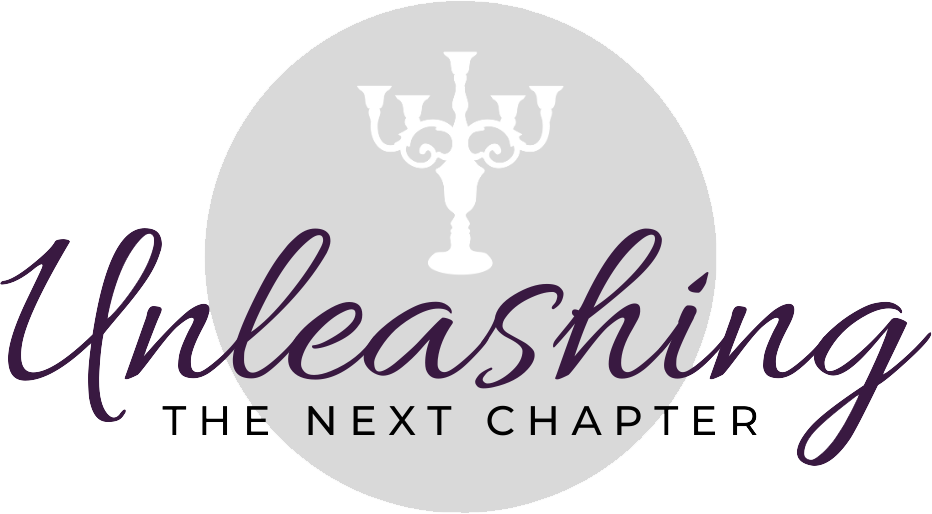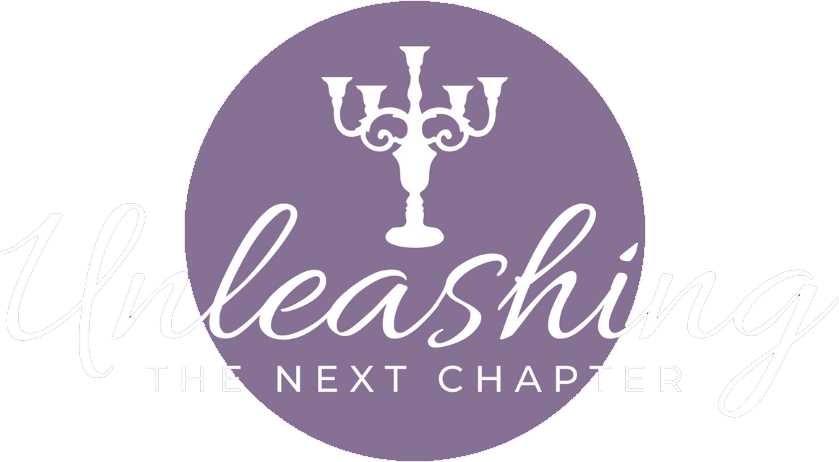There, I said it. Besides the fact that it’s hard work to keep creating stories, putting those ideas on paper in a format that others can access (from my mind to the your mind…sounds rather like a Vulcan mind meld), and then the required platform building and marketing… Most readers don’t understand that fiction writers, and to some degree all creatives, are putting a piece of their soul out into the public domain for strangers to do with what they will.
“Art requires you to do a really hard thing, to trust yourself, because there’s no right or wrong.” ~~Mario Estrada
(Warning: this post may be one of my more random, stream of consciousness, musing as I think/type out loud, self-analyzing pieces. Reader beware. You may want to pass on this one, but please come back next week.)
A writer in one of my local groups posted an article to our Facebook Group by Sharon Hodde Miller regarding platform building. Platform building is something I have been wondering about lately, so this caught my eye. I use a content calendar for the different platforms I focus on, and I, too, catch myself as I’m going about the day wondering if there is a post-able photo or comment in the midst of what I’m doing. I recently confessed on a Jeff Goins post that I sometimes struggle to find the line between building platform and self-promotion. His response (whoo-hoo, he responded to my comment!) was to always promote the work rather than yourself. That’s helpful. More focus on the inspiration, idea generation, writing, marketing, speaking, teaching, etc. Less focus on me. Wait. What? I think that’s helpful… But, most of the time the work and me are intertwined, if not one in the same. I’ll keep puzzling that one out.
Ok, so Miller’s article touched on something else I struggle with. Actually it’s out of context of the article, but it caught my eye and caused me to reread it a number of times:
“In 1 Corinthians 12:7, Paul reminds believers that our gifts are given “for the common good,” which means it is faithful, not selfish, to steward our gifts. It is what God expects us to do. There is no virtue in angst if we never get on with the work…” ~~Sharon Hodde Miller
Even more so than platform building, I struggle with writing fiction. Yep, there it is. Fiction is scary for me because it requires me to be vulnerable, to put my heart, soul, thoughts, dreams, and imaginations out into the real world. I fear having my innermost self critiqued rather than the writing itself. I don’t want to be analyzed, I want my story and characters to be the focus. But then again, as I just wrote a few paragraphs up, aren’t they one in the same, intertwined? My life experiences, people I meet, and what I’ve read are all the basis for those stories. I choose which characters in my head will make their way to the page. I choose in which circumstances they will find themselves. I pursue the research and experiences necessary make the stories come to life.
At times, writing fiction seems so silly and fun and frivolous compared to the newspaper stories, academic articles, Bible studies, and theological pieces I’ve written. Yet, when I pray about what to write, or feel convicted and compelled to write, it’s always fiction, rarely non-fiction. Y’all, non-fiction is my default. It’s what I’ve been trained to do, what I’ve taught for years. Non-fiction is safe; I can defer to the experts, point to research, literature, images, or circumstances others can see and analyze for themselves. I’m not baring my soul when I write non-fiction. I love fiction and literary analysis, but writing fiction is scary hard work for me. And then I pray again, “Really God, did I understand you correctly? Fiction? You really want me to write stories I imagined?”
I’ve been procrastinating on my novel again. I think it comes back to this fear of being personally misunderstood. And then I’m reminded of John Grisham, how he was able to build a following, and lay out the entire plan of salvation in his 1998 legal thriller, The Testament, and now he has a phenomenal platform to share Jesus and to shine a light on the oppressed. And of course, Jesus himself told stories to make his point. In addition to Jesus’ parables, the Bible is full of stories, many of them are mysteries and crime or war related, just like I’m drawn to read and write. The thing is, all the stories in the Bible draw attention to the Author and Creator of the universe, and that is how it should be.
We learn so much more about ourselves and others through the difficult and ugly times. We see the best of people when they are thrown into the worst of situations. We gain inspiration and encouragement to keep plodding through our daily struggles when we compare our circumstances to those who not only survived, but came out ahead through even worse experiences than we face. That’s probably why Corrie ten Boom, Victor Frankl, and Dietrich Bonhoeffer have a permanent and prominent place on my bookshelves. Next to Job of the Old Testament, I can’t imagine more inspirational people living through harder times.
The corporate speed reading workshop I was scheduled to teach a couple weeks ago was postponed due to a funeral that involved most of the employees. When I called this week to reschedule, I learned that the workshop is indefinitely postponed. When I told my husband, his immediate response was, “Good. That will give you more time to work on your novel.” There’s a kick in the backside, ummm…word of encouragement, I hadn’t seen coming. I intend to publish Torn Between the Two this fall. It’s gotten very encouraging words from my critique partners. I hope this story of a disabled woman trying to put her past to rest and create a new life, interrupted by a serial killer in a large hospital, will be an encouragement and inspiration to all who read it, as well as a fun puzzle to figure out. I hope the focus of those who read it will be on the story rather than it’s author.
So, as Sharon Hodde Miller would say, it’s time to stop with the angst, get on with the work, and use my gifts for the common good. Wishing you the same. Now go use your gifts for the common good.



Leave A Comment